Most of us don't consume enough nuts and seeds, despite their excellent health. They are significant additions to the foods we eat every day. The following 10 nuts and seeds can all be included in your diet in tiny amounts to get their health advantages.
1. Almonds
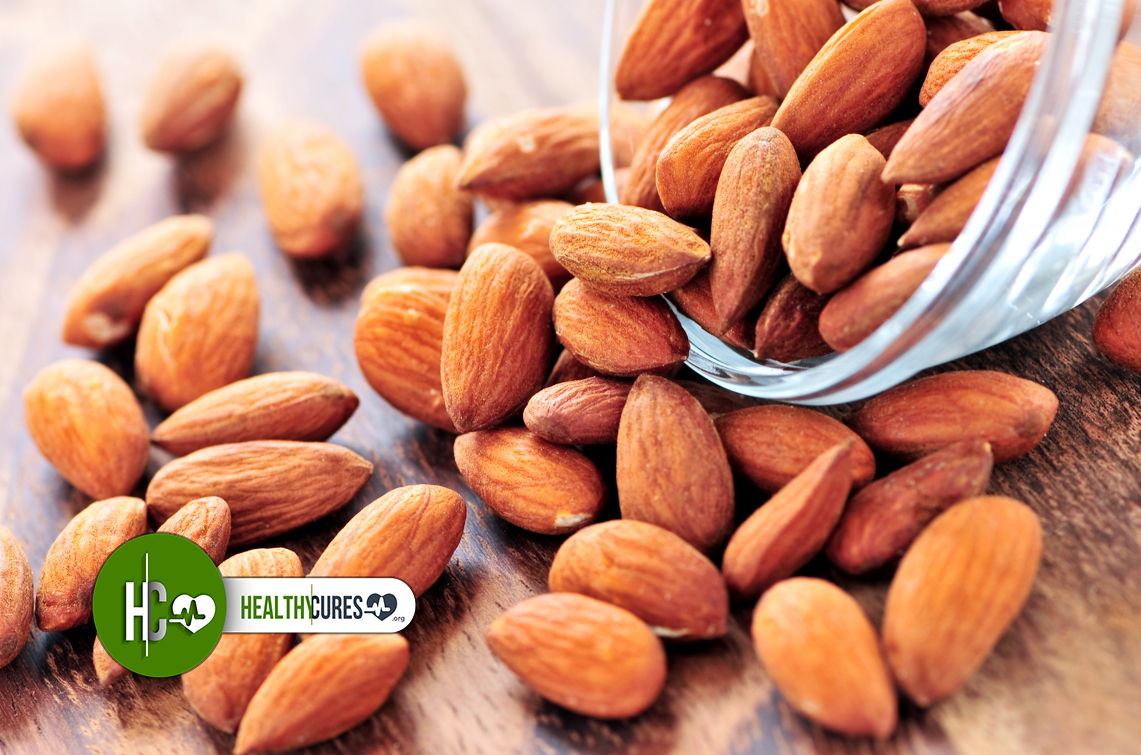
Many people consider almonds to be nuts, but they are technically the seeds of the almond tree. A small handful of almonds are all you need to eat daily. These oval-shaped nuts contain fiber, protein, calcium, zinc, magnesium, potassium, phosphorus, copper, iron and some B vitamins.
2. Brazil Nuts
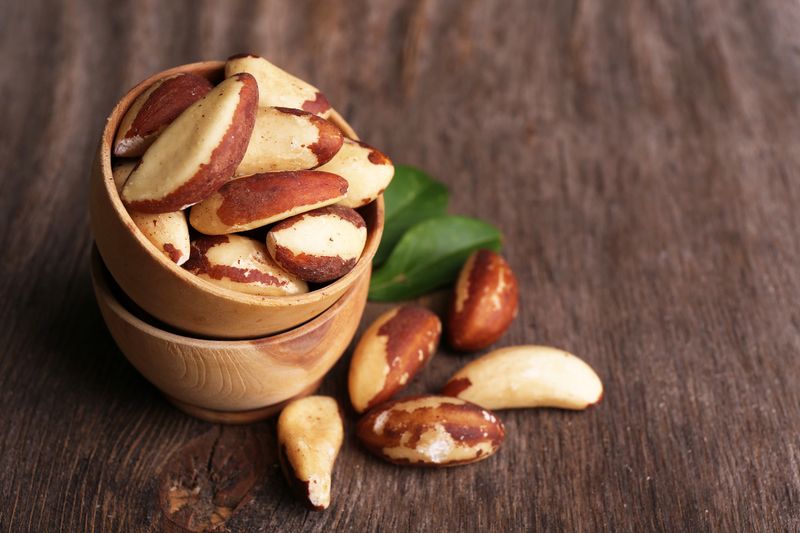
Brazil nuts are technically seeds, but people call them nuts due to their brown nut-like outer covering. These nuts help in the prevention of breast and other cancers, cirrhosis of the liver, heart disease and premature aging. They can also improve cardiovascular health, manage Type 2 diabetes, reduce arthritis symptoms, protect skin from sun damage, lower bad cholesterol, and fight anemia.
3. Cashews
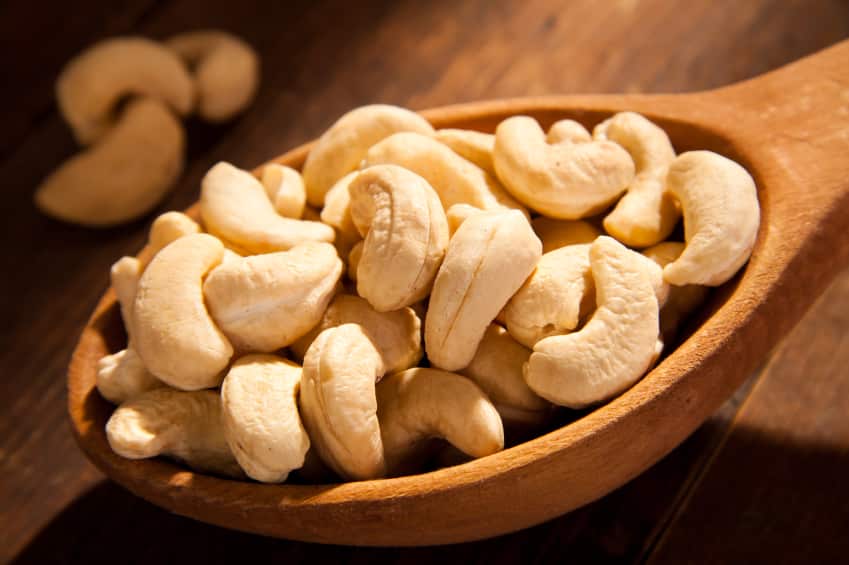
Cashews are not actually nuts. They are the kidney-shaped seeds that adhere to the bottom of the cashew apple, the fruit of the cashew tree. The several nutrients in cashews can provide energy, improve cardiovascular health, lower cholesterol, help in the production of hemoglobin, manage Type 2 diabetes, reduce PMS symptoms, and help maintain healthy eyes, hair and skin.
4. Chia Seeds

Consumption of chia seeds on a regular basis can help reduce joint pain, keep the digestive system healthy, aid weight loss, deliver an energy boost, improve brain health, reduce depression, fight arthritis and protect against diabetes, liver disease and heart disease.
5. Flaxseeds

The high fiber in flaxseeds promotes healthy bowel functioning, suppresses appetite and helps support weight loss. Flaxseeds can even help ease the symptoms of premenstrual syndrome (PMS), lower cholesterol, protect against heart disease, stabilize blood sugar and reduce the risk of cancer. They are equally good for maintaining healthy skin and hair.
6. Pine Nuts
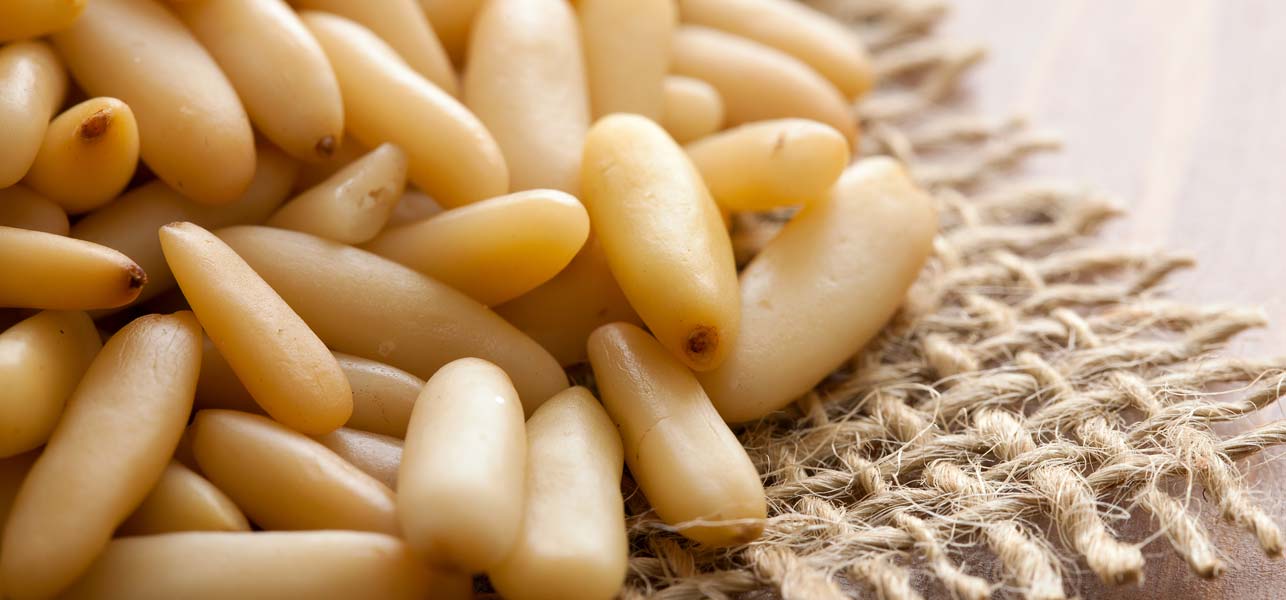
Although used as nuts in the culinary world, in the botanical world, pine nuts (also known as cedar nuts) are the edible seeds of pine trees. The recommended serving is 2 to 3 tablespoons daily. These nuts help improve heart health, reduce bad cholesterol, protect the arteries from damage, suppress appetite, boost energy and improve vision health. They also help increase the blood’s hemoglobin level and relieve fatigue and tension.
7. Pumpkin Seeds

Pumpkin seeds, also known as pepitas, are flat and asymmetrically oval. Regular consumption of these seeds helps boost immunity, lower bad cholesterol, control blood sugar, fight anxiety and depression, reduce arthritis pain, support prostate health, improve heart health, and reduce the risk of developing some types of cancer.
8. Sesame Seeds

Sesame seeds are highly valued for their oil, which is exceptionally
resistant to rancidity. They can lower blood pressure and cholesterol,
protect against liver damage and prevent diseases like arthritis,
asthma, migraine headaches, osteoporosis and certain cancers.
Note: Excessive consumption of sesame seeds may trigger migraines and
irritable bowel syndrome (IBS) symptoms in people who are sensitive to
nuts and seeds.
9. Sunflower Seeds
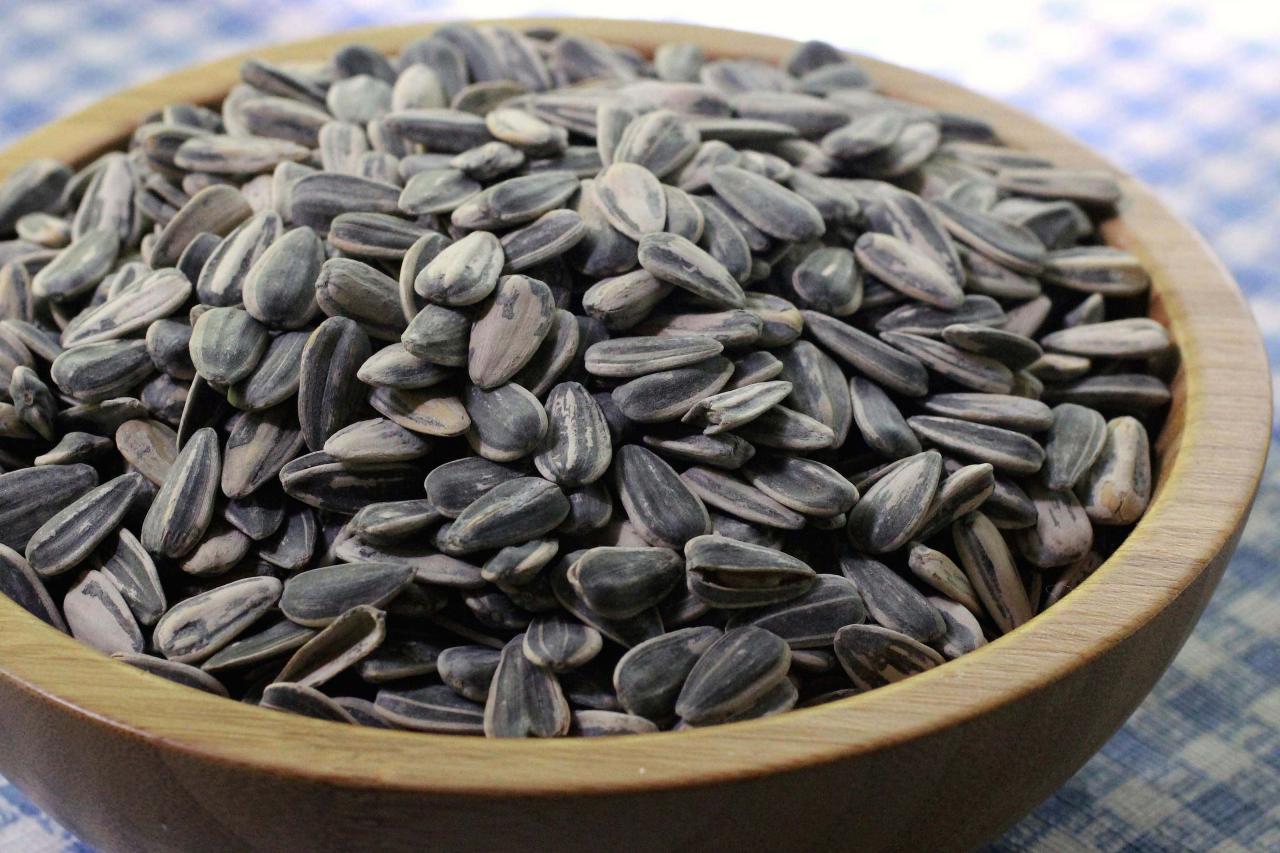
Sunflower seeds are the gift of the beautiful sunflowers. They are an excellent source of vitamin E, a fat-soluble antioxidant. Regular consumption of these seeds can help reduce the severity of asthma, lower high blood pressure, prevent migraine headaches and reduce the risk of heart attacks. The recommended serving size is ¼ cup daily.
10. Walnuts

By eating just 1 ounce of walnuts daily (7 shelled walnuts), you can enjoy many of the health benefits. Regular consumption of walnuts can help reduce the risk of prostate and breast cancer, lower high blood pressure, improve cholesterol levels, aid in weight control, boost brain health and manage diabetes. They are equally good for your skin and hair.
